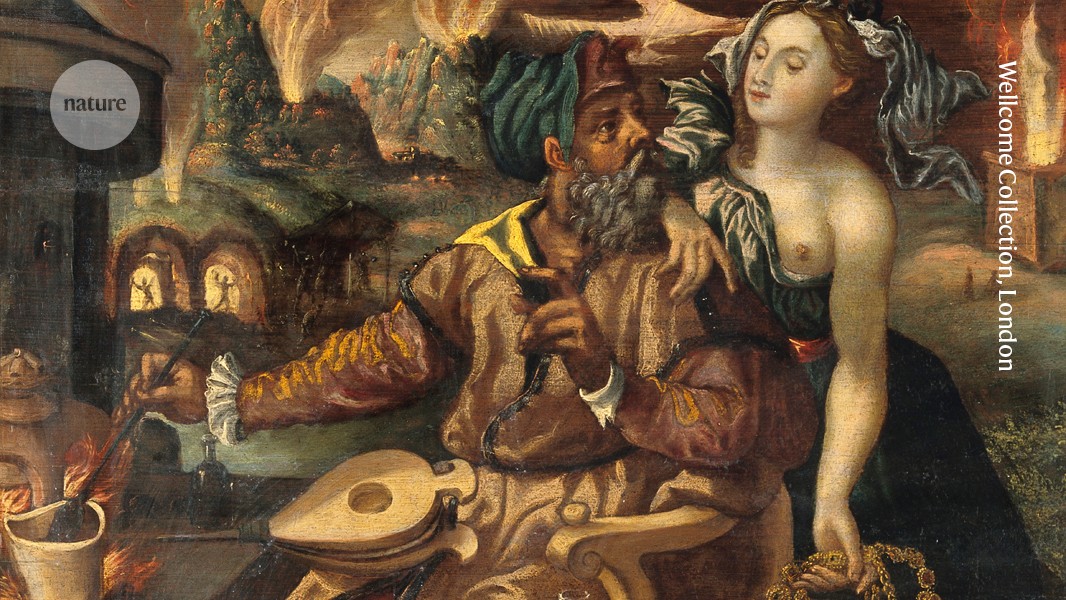
"When physicist Ernest Rutherford and chemist Frederick Soddy discovered nuclear transmutation - the natural decay of one radioactive element into another - in 1901, Rutherford's first cry was of alarm, not delight. "For Mike's sake, Soddy," he chastised his co-worker. "Don't call it transmutation, they'll have our heads off as alchemists!""
"In his latest book, Alchemy, science writer Philip Ball portrays the practice instead as "one of the most versatile, allusive, and fertile products of the human imagination". He deftly recounts its 4,000 years of history - starting with the skilled artisans of Ancient Egypt and the immortality-seeking medical practitioners of China's Western Han dynasty (202 bc-ad 9), although the practice originated before this period - picking out changing beliefs, famous works and personalities along the way."
Ernest Rutherford and Frederick Soddy discovered nuclear transmutation in 1901; Rutherford feared being labeled an alchemist. Alchemy remains widely misunderstood and commonly associated with the philosopher's stone and elixirs of life. The practice spans roughly 4,000 years, with roots in Ancient Egyptian craftsmanship and medical practitioners in China's Western Han dynasty (202 BC–AD 9). Alchemical activity blended experimental technique, materials manipulation, symbolic thinking and evolving beliefs, producing rudiments of modern chemistry. Historians caution against Jungian psychological and New Age spiritual interpretations, and emphasize alchemy's historical, experimental, and intellectual complexity.
Read at Nature
Unable to calculate read time
Collection
[
|
...
]